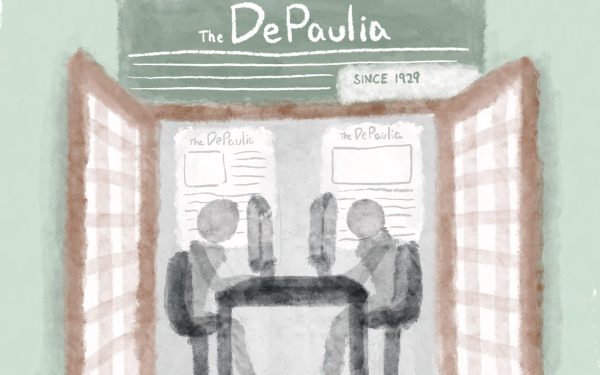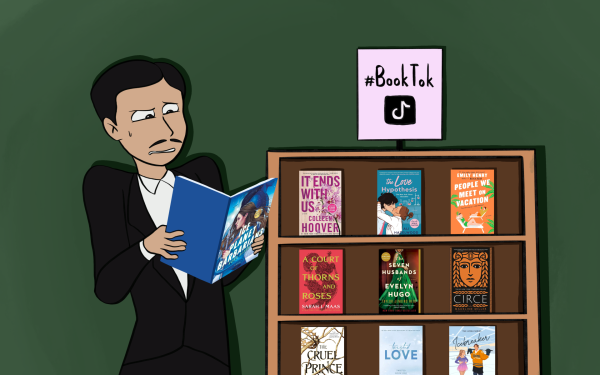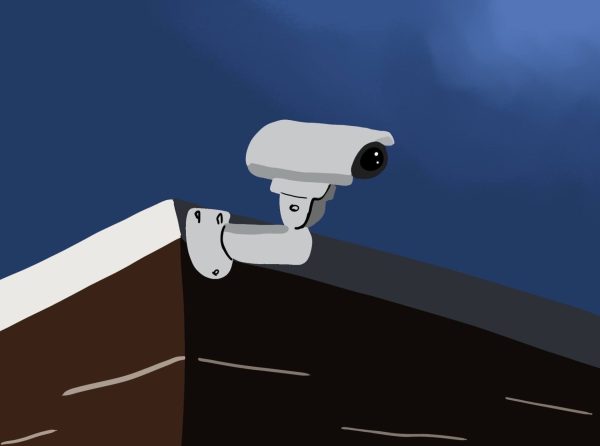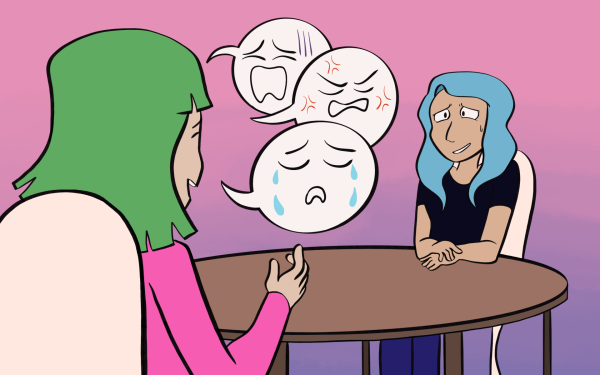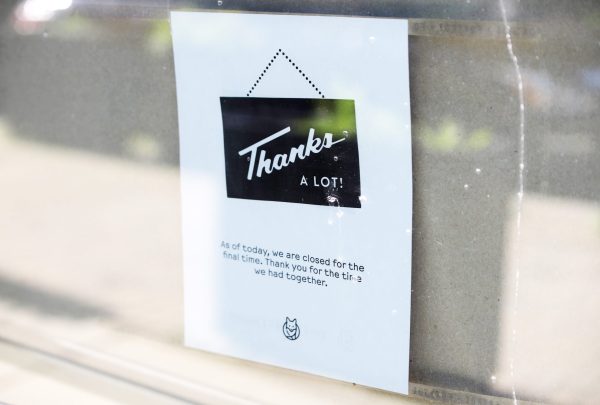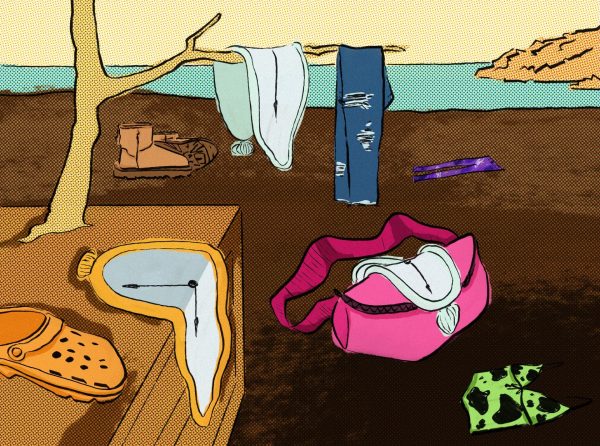OPINION: The case for saving capitalism
Democrats have flirted with democratic socialism, but the answer lies somewhere in the middle
Bebeto Matthews | Associated Press
Pete Buttigieg listens during a lunch meeting in Harlem with civil rights leader Rev. Al Sharpton
The U.S. currently has the largest economy in the world, thanks to corporations that conduct business in financial services, healthcare, technology and even retail. Despite the economic prosperity that some politicians and Americans say that we have, more people than not are getting left behind.
The American Dream in our current system is not working for everyone as it should be. College students and young adults especially are being hit the hardest while facing stagnant wages, soaring costs of living and a $1.5 trillion student loan crisis that may never be solved.
Stephen Moore, one of President Trump’s economic advisors, was quoted last month saying that he would choose capitalism over democracy when picking between both options. In response, Democratic presidential candidate Pete Buttigieg hit back with the opposite idea.
“I would say the reverse ought to be true — that at the end of the day, we prioritize democracy,” Buttigieg said during an interview with CNN. “I think the reason we’re having this argument over socialism and capitalism is that capitalism has let a lot of people down.”
Buttigieg has a fair point. When “authoritarian capitalism” runs amok, Buttigieg says a society ends up like Russia—full of exploitative oligarchs. He endorsed a form of “democratic capitalism,” perhaps giving an interesting counterargument to the common right-wing argument that Democratic economic policies will lead to catastrophic failures like we see in the socialist state Venezuela.
“I feel like capitalism isn’t a horrible system, but definitely has some negative impacts,” said Josh Clayton, a DePaul junior studying political science. “The inflated tuition prices of colleges puts a lot of pressure on young people to take out loans and work during school, or just not go at all. I feel like prices of products have increased exponentially while wages have been left behind.”
According to data sets from the University of Michigan and Deutsche Bank Global Research, 2018 was the first time Americans younger than 35 said that they have less consumer confidence than those aged 55 and over. This is a profound change — previous generations felt life would be good, and the current generation largely does not feel like that.
There’s also reason to be concerned about economic prospects in the future. According to a 2017 Pew Research Center study, only 37 percent of Americans believe that today’s children will grow up to be better off financially than their parents. Comparably, it found that 49 percent of 18- to 29-year-olds believe that the next generation will be worse off.
Some Democratic politicians, including Bernie Sanders and most recently Elizabeth Warren, have proposed policy ideas to completely wipe out college debt. But an independent analysis of Warren’s student loan relief plan found that it would mostly help middle-income borrowers.
Junior Jack O’Connor agrees with the idea of tuition prices being lowered at public universities but thinks it would be tough for private colleges to do the same thing.
“I’m 100 percent on board with that because education is very important,” he said. “I do think it’s possible and I think there are ways of doing it, but I think that it would be very difficult.”
Perhaps money in capitalism could be allocated to different resources. Consequently, millennials are struggling to afford basic necessities despite a strong labor market.
“I would say student loan debt, combined with the ratio of recent graduates to available jobs, can affect things like being approved for a mortgage, as well as buying anything valuable, like a car,” said DePaul senior Aurora Lawrie. “I think that money would be better spent on education and on rehabilitating people who have committed crimes.”
Even if you lean to the right on economic issues, it should be evident that our system needs to be tweaked in order to fit the needs of everyone. I don’t believe that socialism and free college tuition, for example, will necessarily make things better or more equal for young adults. But even if a perfect system doesn’t exist, that doesn’t mean the current system can’t be changed.
Democracy and capitalism are adequate systems, but it’s time that Americans take a step forward and collaborate on ways in which we can develop a system that doesn’t just work for a few people at the top.




